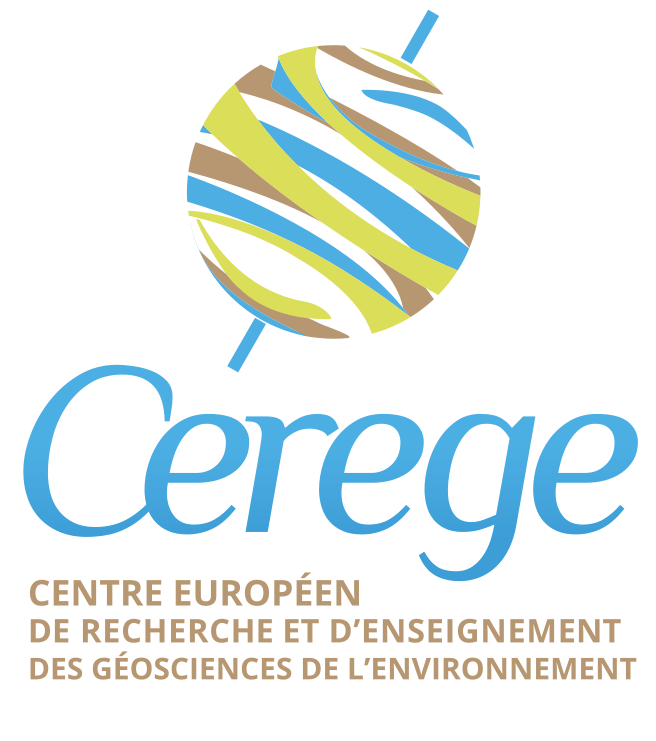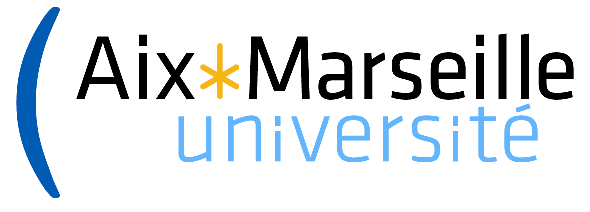Research Environment
CEREGE Research strengths
CEREGE is a leading center in environmental Geosciences in France, with around 45 faculty members (Aix-Marseille University), 40 research scientists (CNRS, IRD, INRAE), 45 staff (engineers, technicians and administrative support), and 110 temporary personnel including 60 graduate students.
A very broad array of research themes is hosted in CEREGE, including paleoclimatology, geomorphology, active tectonics, hydrology, soil systems, environmental tracers and pollution, sedimentary systems and reservoirs, Earth and rocks magnetism, planetology and meteorites.
CEREGE is hosting a very dense network of analytical facilities, with a particular focus on environmental geochemistry and geochronology.
Institutional context of CEREGE
CEREGE is part of Aix-Marseille University (AMU), the largest francophone university (80000+ students), located in the cities of Aix-en-Provence and Marseille in South-Eastern France.
Inside AMU, CEREGE is part of the larger Institute OSU Pythéas. Named after the famed Greek explorer Pytheas of Massalia, a native of Marseille, the Institute OSU Pythéas brings together a cluster of leading research centers dedicated to the observation and exploration of our broader environment, including
- MIO - oceanography
- LAM - astrophysics
- IMBE - ecology
- LPED - demography and sociology
CEREGE researchers interact intensively with colleagues in these other labs. The integration of CEREGE inside the Institute OSU Pythéas provide unparalleled opportunities to develop cross-disciplinary teaching and research projects.
Arbois Environment Technopole Campus
CEREGE is located on the Arbois Environment Technopole Campus outside of Aix-en-Provence, located in the forested landscape of the Arbois plateau, with gorgeous view on Sainte Victoire Mountain, and kilometers of trails to envoy during breaks.
The technopole is a science park focusing on environmental projects, and brings together a network of academic laboratories, start-ups and institutional organizations.
The plateau de l’Arbois is a 4500 hectares Mediterranean forest, Southwest of Aix-en-Provence, which include a 800 hectares Departmental Natural Parc and is designated a Natura 2000 area.
On-site facilities
CEREGE hosts a number of facilities which are essential in providing a unique experience to Master students, either during classes or research internships. These facilities include the following labs, which are mostly relevant for the IMG master program :
- the French National Facility for Cosmogenic Nuclides, with an on-site Accelerator Mass Spectrometer (ASTER national instrument)
- Rock magnetism and paleomagnetism lab
- Geomatic and GIS lab SIGEO
- Stable isotope lab
- Radiocarbon lab, as part of the Collège de France chair of Pr E. Bard

